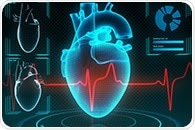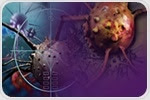| ||||||||||||||||||||||||
| ||||||||||||||||||||||||
| ||||||||||||||||||||||||
| ||||||||||||||||||||||||
| ||||||||||||||||||||||||
| ||||||||||||||||||||||||
lunes, 29 de abril de 2019
Medical News | Medical Articles | Using AI techniques to autocomplete soldier tasks
Medical News | Medical Articles
Suscribirse a:
Enviar comentarios (Atom)





























.png)












No hay comentarios:
Publicar un comentario